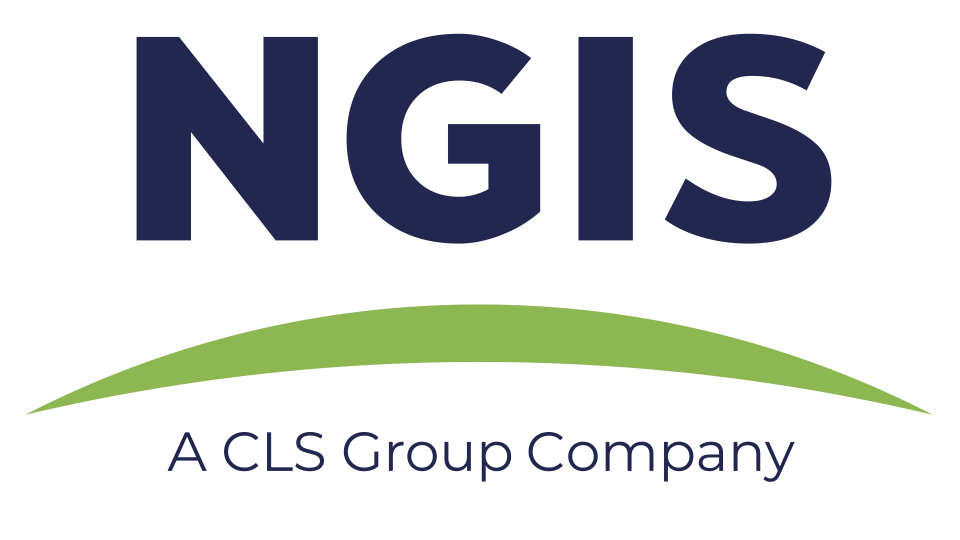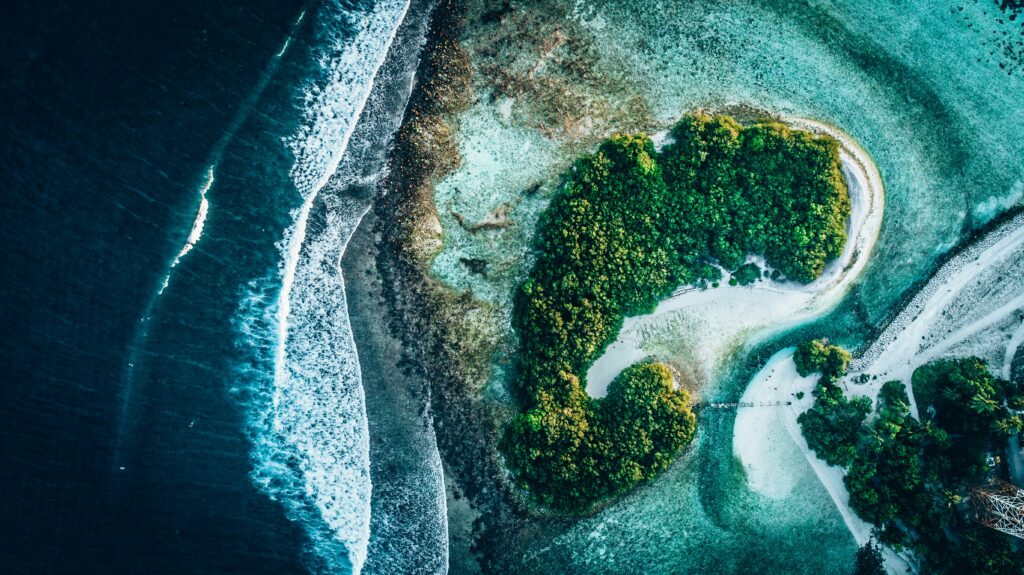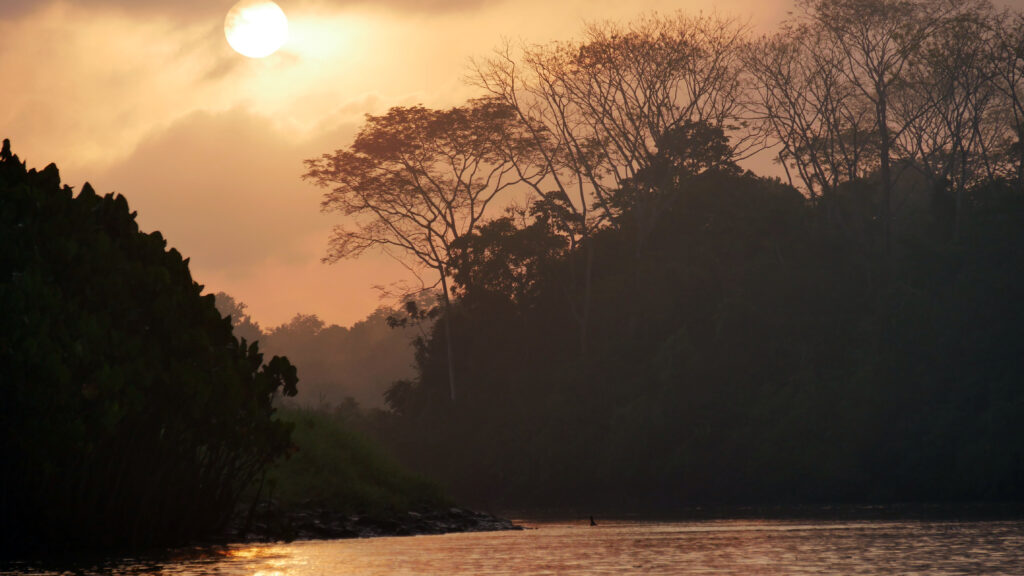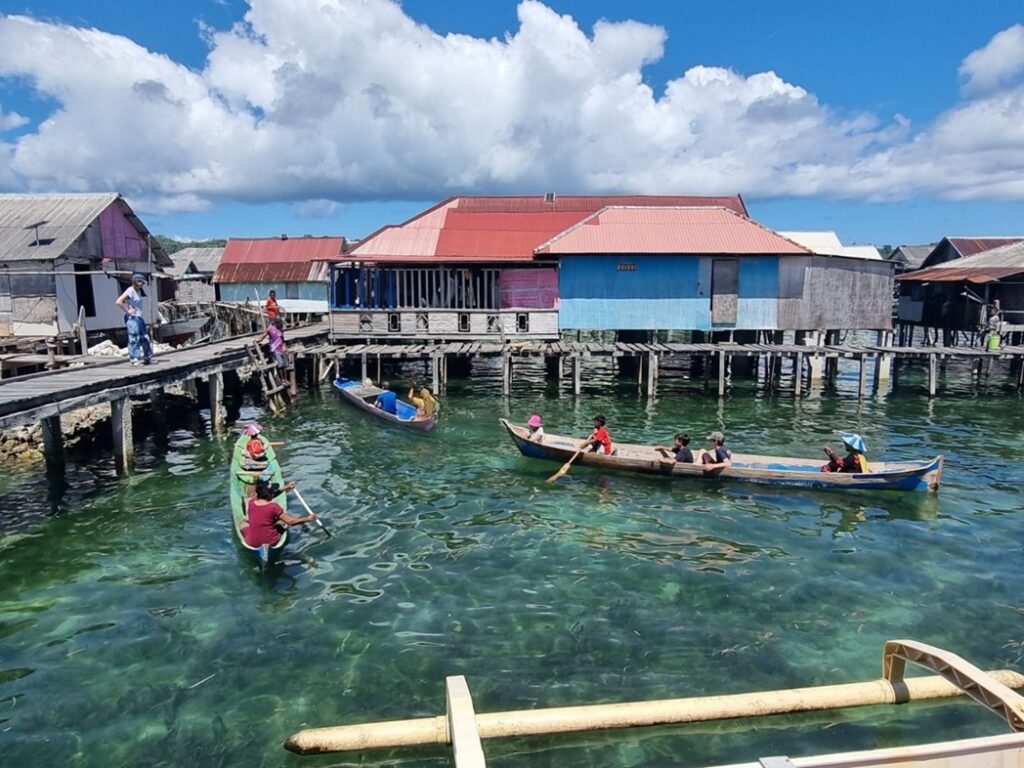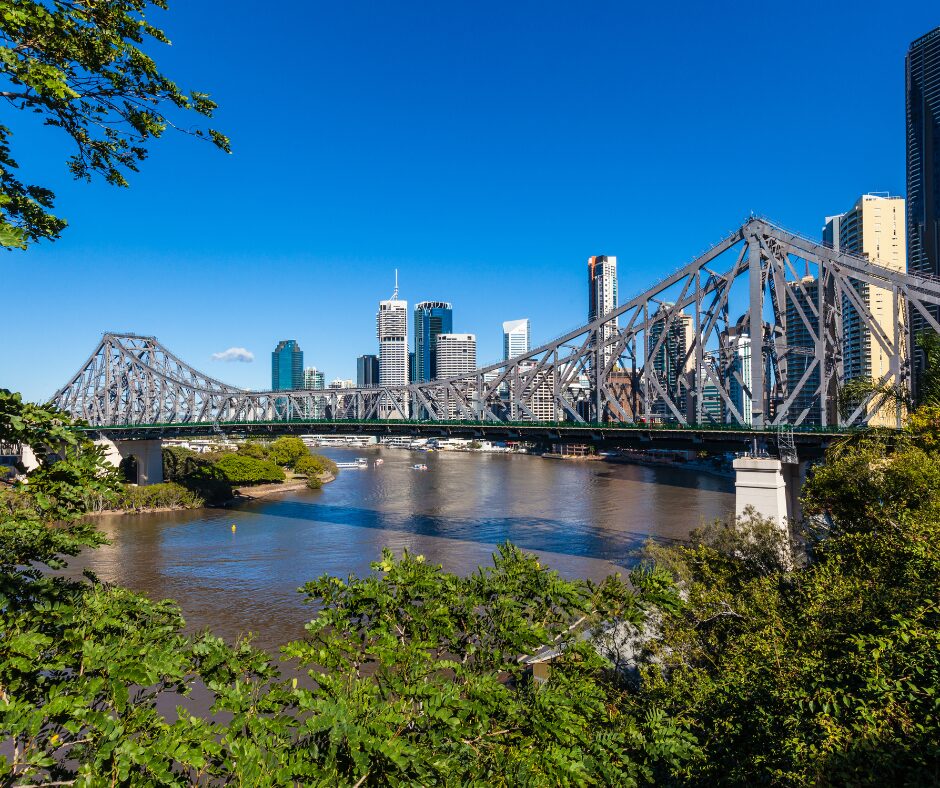From GIS student to Data Scientist
Working as a data scientist at NGIS means that each day in the office is different. One day you could be monitoring deforestation using Google Earth Engine, the next you could be providing crucial capacity building training to researchers who are tackling some of the world’s most challenging environmental issues.
That’s what ‘work life’ looks like for Yvonne Fong, an NGIS Graduate Data Scientist primarily working in the EO Data Science team to help clients operationalise Google Earth Engine for their business or projects. The team focuses on leveraging Earth Observation (EO) data to gain insights and create impact both nationally and internationally.
We sat down with Yvonne to chat about the exciting projects she has worked on with EO Data Science this past year, what her day-to-day life looks like as a graduate, and advice she has for future graduates pursuing a career in EO.
Yvonne, what does your typical work day look like?
I am currently working on a few exciting projects, so my typical day varies.
I could be responding to technical support tickets from the GEO-GEE program. This program supports 32 projects across 22 countries tackling the world’s biggest sustainable development challenges. Or, I might be creating materials to help train end-users on how to use the Digital Earth Africa mapping platform to explore its data and visualise the African continent with satellite images. Otherwise, I might be researching and testing things out in Earth Engine for potential clients to learn if something is possible or not.
I have also attended and spoken at a number of online and in-person events on behalf of EO Data Science this past year. Most recently I ran a workshop with the ASDAF presenting Intro to Google Earth Engine and some machine learning techniques. I also attended this year’s AEO Mini Forum, participating in their online debate which you can read a summary of here (spoiler – our team won)
What did you study at university and why?
In Singapore, I completed a Bachelor in Life Sciences with a specialisation in Environmental Biology (a fancy way to say Ecology). Unfortunately, there weren’t too many ecology jobs in Singapore, so I decided to further my studies in Perth. I graduated from the University of Western Australia in 2020 with a Masters of Environmental Science, specialising in Geographic Information Systems (GIS) and Environmental Management.
During my Masters, I worked at an environmental consultancy as an environmental scientist for six months. I worked on some projects that involved very basic GIS and remote sensing techniques, but I was one of three people in the company that could use the software proficiently. I really enjoyed this work and wanted to be part of a GIS or remote sensing focused team to work on more complex projects—which is why I am here at NGIS and EO Data Science!
Which project has been your favourite to work on so far?
Definitely the GEO-GEE program. It has been the biggest and longest project I’ve worked on so far. Being able to work with people from around the world and seeing how they are using satellite imagery, remote sensing and Google Earth Engine (GEE) to tackle environmental and social challenges is really exciting. Knowing that we are helping them make a difference with GEE support to achieve their goals is the best feeling ever.
I always get asked which GEO-GEE project is my favourite. It’s really hard to say since they are all so different, but I have found the two projects addressing poverty alleviation are especially interesting. It’s amazing what they are capable of doing with remote sensing and Google Earth Engine. You can read about one of the poverty alleviation projects here.
What lessons have you learned working at NGIS?
The biggest lesson I have learned so far is that it’s OK to ask questions. I could sit there and spend five hours figuring out code that someone in my team already knows and could answer in five minutes. No one is going to laugh at me for not knowing something, everyone is happy to share their knowledge. You can even reach out to the wider EO network on Twitter or LinkedIn with a question and people are happy to help.
What advice would you give to graduates who want to work in this industry?
Network! As daunting as it may sound, it is very effective. The GIS and remote sensing industries are relatively small, so the more people you connect with the better chances you have of getting your foot in the door.
Just by chatting with a mutual friend about my studies, I was given an introduction to the Manager of EO Data Science. I got chatting with the EO Data Science team and eventually landed an interview for the position of Graduate Data Scientist, and got it (obviously). It’s all about who you know in this industry!
Related Articles
Here are more related articles you may be interested in.
